Blocked Hair Follicles: What You Can Do at Home

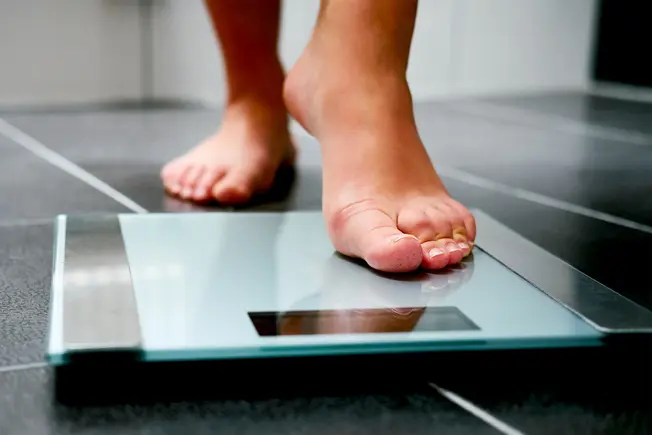
Shed Some Pounds
Step on the scale. If the number is higher than it should be, aim to drop it by 10%. Weight loss could clear up your skin or even lessen the chronic inflammatory skin condition known as hidradenitis suppurativa. HS may also make you more prone to heart disease, diabetes, and stroke. When you keep a healthy weight, you lower those risks, too.
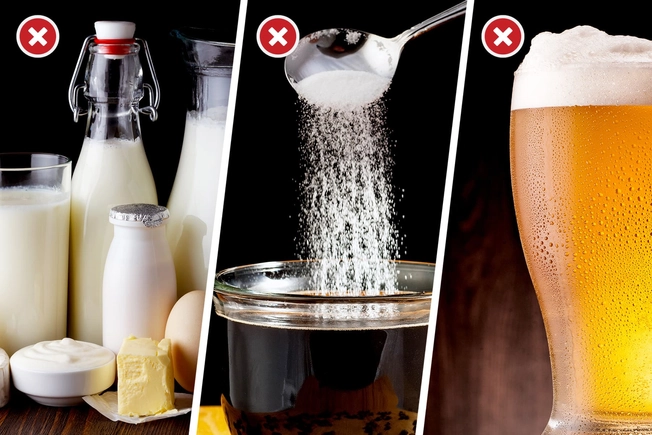
Skip Some Foods
What you eat and drink doesn’t cause blocked hair follicles. But it can make a mild case more painful. Experiment with your diet. Stay away from dairy for a few weeks and see how your HS goes. Do the same with sugar and flour. Steer clear of beer, wheat, and anything with brewer’s yeast to see if your bumps lessen or go away completely.
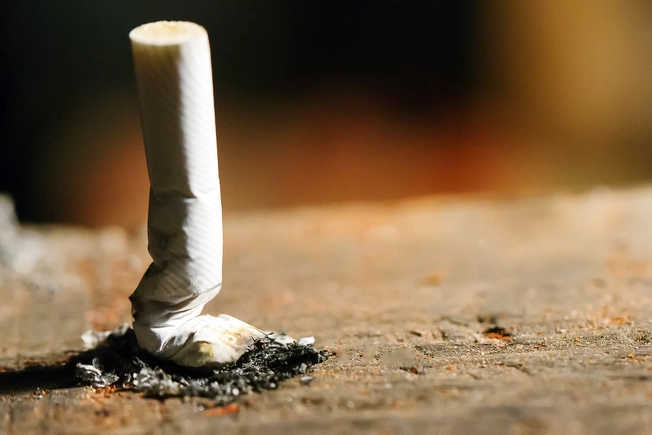
Snuff Out Tobacco
Cigarette smoking may be a big trigger for HS. An unusually high number of people with blocked follicles are smokers. And some studies have found that puffing on tobacco may worsen the symptoms. Check out smokefree.gov for tips on how to quit.
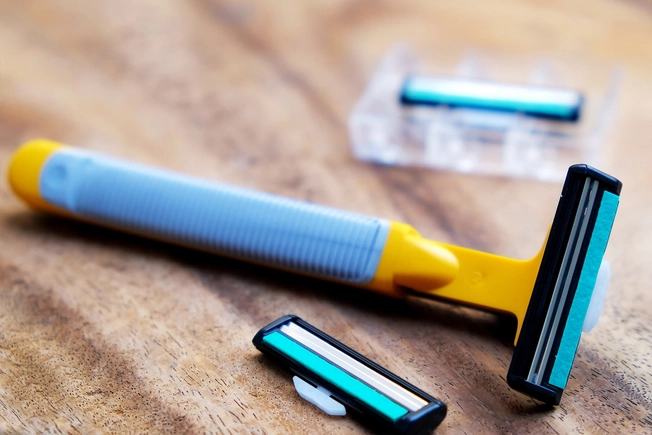
Put Away Your Razor Blades
HS pops up most often where hair follicles and oil and sweat glands meet, like your armpits and groin area. If you shave there, it can irritate your skin and cause breakouts. Talk to your dermatologist about gentler ways to get rid of body hair. Never shave over bumps. It’ll take them longer to heal.

Keep It Clear
Some detergents and fabric softeners have perfumes, dyes, and enzymes that can irritate HS. Pick a brand free of anything that might bother your skin.
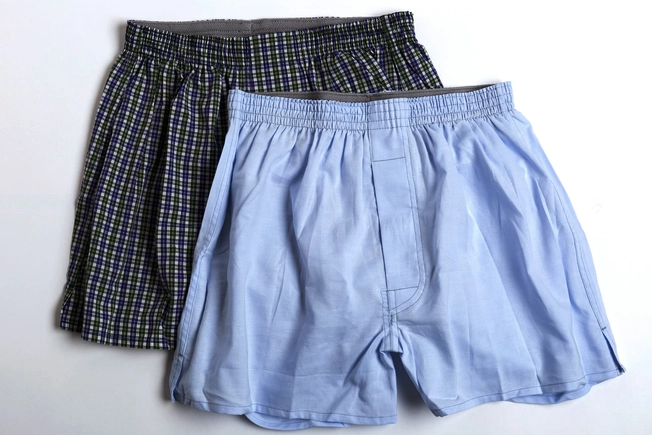
Loosen Up
HS loves to hang out in places where your skin rubs together. You may also find bunches of blocked hair follicles where your skin chafes against something else. Wear loose-fitting clothes with natural fabrics to keep bumps at bay. Women, go with tampons instead of sanitary napkins. Men, try boxers over briefs.
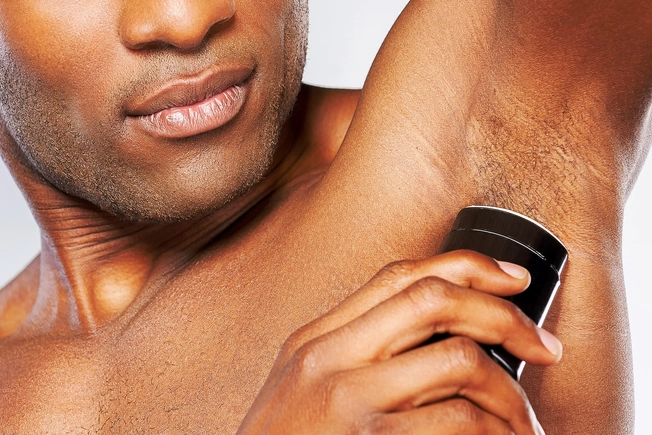
Chill Out
HS and heat don’t get along. Keep your skin cool, especially where you get the most bumps. Antiperspirants will make you sweat less but may be tough on your skin. Talk to your dermatologist about the best brand for your body.

Clean Gently
When you have HS, your skin needs lots of extra care. Wash your body every day with just two things: your hands and a non-soap cleanser or an antiseptic wash. Avoid washcloths, loofahs, or other bath products that might do more harm than good. Pat yourself dry gently.
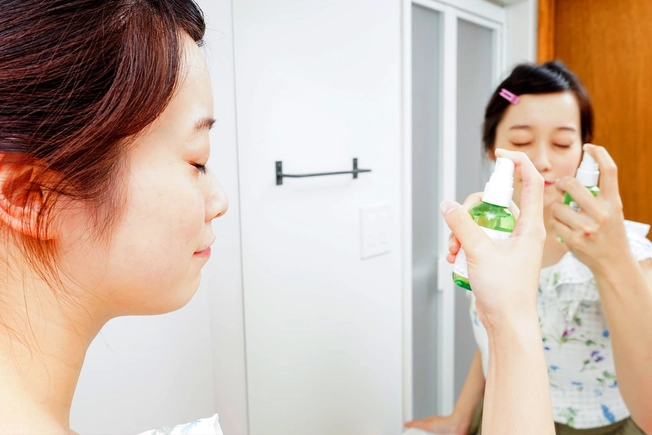
Keep Hands Off
We get it: Sometimes you just want to pop those pimples and squeeze sores so they’ll go away. But doing that just damages the skin and makes your condition worse. Resist the urge and focus on the ways to clear up breakouts instead.
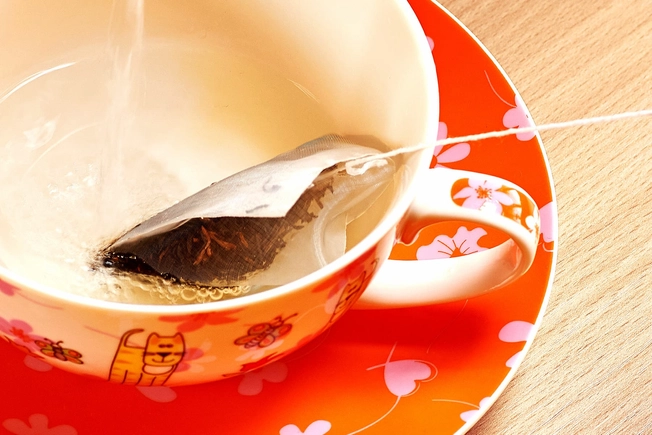
Pain Tip: The Teabag Trick
If you have lumps that hurt to touch, try this: Steep a teabag in hot water for a minute. Take it out and use it as a warm compress on your cyst. Leave it there for 10 minutes. You can do the same with a washcloth run under warm water.
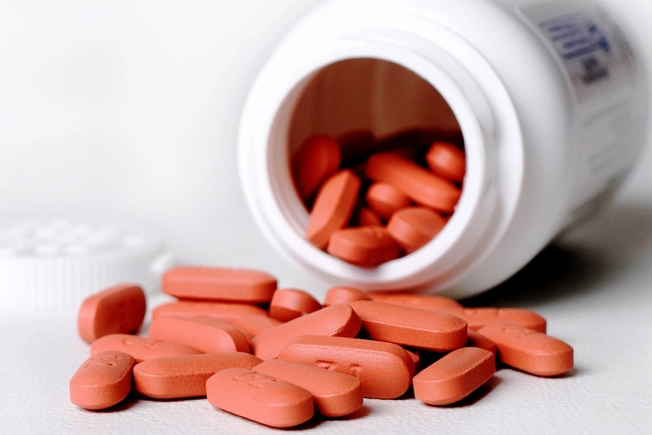
Pain Tip: Manage It With Medicine
Nonprescription pain relievers and anti-inflammatory drugs may offer relief from the inside out by curbing the swelling. Choices include ibuprofen and naproxen.
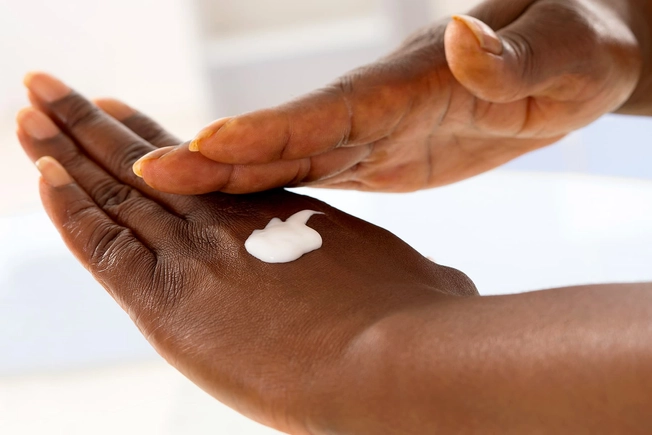
Think Zinc
Looking for an alternative to prescription and over-the-counter medicine? Zinc may ease your HS or even make it go away. This mineral may help by tamping down inflammation. It can be taken as supplements to curb the number of outbreaks. Check with your doctor before you take supplements. Zinc oxide in an antiperspirant can help keep you dry.

Heal Your Emotional Wounds
One of the most important ways to manage HS doesn’t have anything to do with your skin. This condition can be painful and embarrassing. It can affect the way you smell, walk, sleep, and have sex. If you feel uncomfortable or down about yourself, find support. Talk to safe friends and family members, speak with a counselor, or seek out an HS support group.